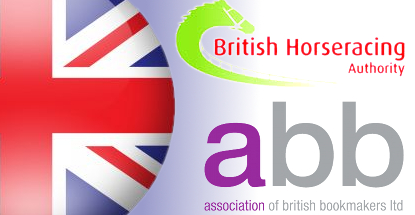 The UK government has confirmed its plans to impose a ‘racing right’ that would require bookmakers to ante up a percentage of race betting revenue to the racing industry.
The UK government has confirmed its plans to impose a ‘racing right’ that would require bookmakers to ante up a percentage of race betting revenue to the racing industry.
In December, Chancellor George Osborne announced that the government was consulting on the introduction of a Horserace Betting Authorization to replace the much-loathed annual race betting Levy. On Wednesday, just six days after that consultation closed, Osborne delivered his 2015 budget, which says the new Horserace Betting Right will “apply to all bookmakers wherever located, who take bets from British customers on British racing and will be administered directly by the racing industry.”
The racing industry has long complained that UK-facing online bookies based in jurisdictions like Gibraltar weren’t compelled to contribute to the Levy scheme. The new betting right closes this loophole, much as December’s introduction of the 15% online point-of-consumption tax eliminated much of the financial advantages of a Gibraltar online gambling license.
No info was offered as to the rate of this racing right, but the consultation document envisioned three possible scenarios: 10.75% (equal to the current Levy scheme), a ‘central’ rate of 30% and a high rate of 50%. Should either of the latter rates be implemented, bookies will pass on the costs to consumers, who will invariably seek out more cost-effective alternatives with online bookies not holding a UK license, thereby depriving racing of the extra revenue it so desperately craves. So, er, well done, racing.
The British Horseracing Authority applauded Osborne’s announcement, calling it “a welcome and tremendous boost for the tens of thousands of people across the country that derive their livelihoods from our sport.”
The Association of British Bookmakers (ABB) was less enthusiastic, noting that its members already provided racing with the “incredible amount” of £248m annually through the Levy scheme, media rights and sponsorship. The ABB claimed that this sum surely “has to be enough.”
The ABB went on to call the racing right proposal “unworkable.” The ABB believes “the detail will derail” the plan, which will leave racing “mired in legal and other issues for many, many years.” The legal uncertainty will prevent the funds raised by the racing right from being distributed, “with racing being the main loser.”
Concerns have previously been voiced that a racing right may not be compatible with UK competition rules or European Union edicts on restriction of trade. At last year’s European Sports Forum in Milan, delegates suggested that a similar plan for a continent-wide sports betting right would likely breach Article 56 of the Treaty of the Functioning of the European Union.
Recent years have seen a sharp decline in racing’s hold on punters, who have transferred their wagering allegiance to football and other sports. That said, racing can still manage to get it up for marquee events like last week’s Cheltenham Festival. Sportsbook software provider OpenBet reported that it handled over 25m total wagers during the 2015 event, with peak wagering topping 20k bets per minute, up 40% from last year.
